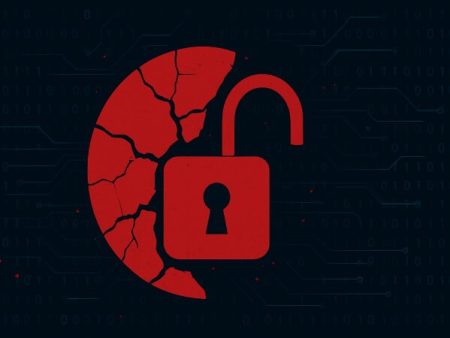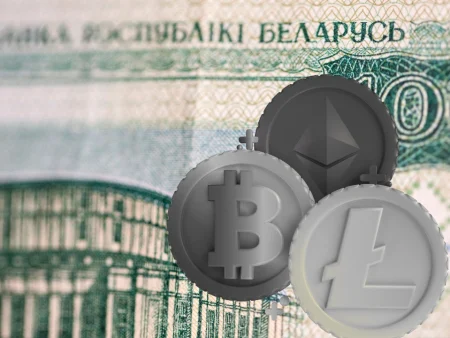Recently, an online casino dealing in cryptocurrency faced a major setback as its chief executive officer confirmed a notable cyberattack. The MetaWin online casino operates offshore. It fell victim to a cyberattack that led to the seizure of $4 million in player funds.

MetaWin is an online gaming platform offering interactive slots and live dealer table games. These include blackjack, roulette, poker, and baccarat, NFT or nonfungible token, raffles and drawings, and a variety of instant-win games. The platform’s rewards program further qualifies players for daily and weekly wagering races. This is where we rank bettors based on the total number of real money bets they place. For the weekly race, the top prize is $40,000.
MetaWin, operating offshore, holds an internet gaming license from Anjouan. It is a small archipelagic country off the southeastern coast of Africa. Players using the platform face minimal risk of legal repercussions, despite the casino not being licensed to take bets in any US state. However, state gaming regulators continue to warn consumers about the dangers of using offshore casinos. They highlight the lack of consumer protections. This includes the security of online funds. The recent hack of MetaWin underscored this cautionary note.
On November 3, Richard Skelhorn, MetaWin’s CEO and founder, confirmed that an attacker compromised the casino’s hot wallets. His statement followed blockchain investigator ZachXBT revealing on his Telegram channel that someone successfully exploited MetaWin’s Ethereum and Solana hot wallets.
Skelhorn wrote that they experienced an attack where an exploiter was able to withdraw a significant amount from their hot wallets by taking advantage of their frictionless withdrawal system. They’ll be implementing additional security controls for new users, while also exploring ways to maintain a flexible and seamless experience for their trusted community.
Hot wallets are cryptocurrency wallets that remain connected to the internet, used for temporary key storage and facilitating the sending and receiving of cryptocurrency. They are essential for transacting coins like Bitcoin, Ethereum, Tether, and Solana. In contrast, people consider cold wallets, which store crypto offline, the safest for securing digital currency.


